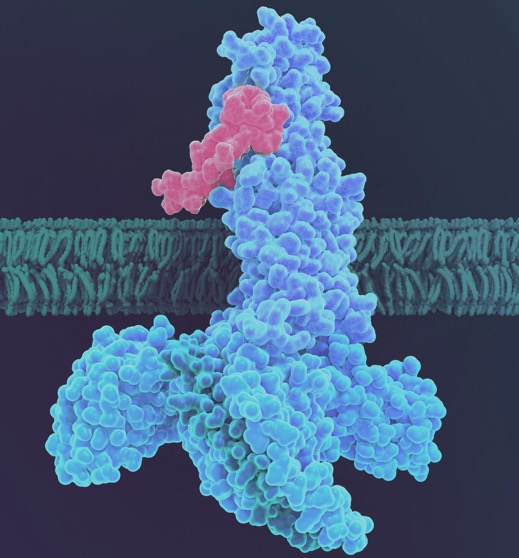Weight-Loss Drug from Kailera Partner Jiangsu Hengrui Aces Late-Stage Trial
By Reuters | 15 Jul, 2025
Jiangsu's KAI-9531, licensed by US-based Kailera, helped patients achieve big body weight loss in late-stage study, paving way for lower-cost GLP-1 drugs in US.
U.S.-based Kailera Therapeutics and Chinese firm Jiangsu Hengrui Pharmaceuticals' experimental weight-loss drug has helped overweight patients lose up to 17.7% of body weight in a late-stage study in China, the companies said on Tuesday.
Up to 88% of participants who received the drug, known as KAI-9531 outside China, lost at least 5% of their weight after 48 weeks compared to placebo, meeting the study's main goals.
The data comes at a time when U.S. drugmakers are increasingly looking to China to secure the rights to promising drug candidates at a lower cost and access important early data that could pave the way for global trials.
"As we think about commercial opportunity, this is a really good first look as to what we think we're going to be able to leverage in terms of (obesity treatment) marketplace going forward," Kailera CEO Ron Renaud said.
The startup was launched last year with a rare $400 million early-stage funding and four obesity drug candidates licensed from Hengrui, in a move to grab a slice of the obesity treatment market primed to be worth $150 billion by the end of the decade.
KAI-9531, administered as a weekly injection, belongs to a the GLP-1 class of treatments that include Eli Lilly's Zepbound and Novo Nordisk's Wegovy.
The drugs work by helping control blood sugar levels and triggering a feeling of fullness.
"Where we're really focused is where weight loss matters most, which is in people living with higher BMIs (body mass index)," Chief Commercial Officer Jamie Coleman said.
"Today's treatments...leave a lot of clinical need on the table for people who need to lose more than 20% (of weight)."
In the study that included 567 participants, a six-milligram dose of the drug led to an average weight loss of 17.7% compared to placebo.
The companies said the side effects were mild to moderate and gastrointestinal-related, consistent with similar treatments.
Hengrui plans to seek regulatory approval in China, while Kailera will pursue global trials with higher doses and extended treatment durations.
Earlier this year, an eight-milligram dose of the drug led to an average weight loss of 22.8% in a mid-stage trial.
(Reporting by Mariam Sunny in Bengaluru; Editing by Shreya Biswas)
Hengrui plans to seek regulatory approval in China, while Kailera will pursue global trials with higher doses and extended treatment durations.

Articles
Asian American Success Stories
- The 130 Most Inspiring Asian Americans of All Time
- 12 Most Brilliant Asian Americans
- Greatest Asian American War Heroes
- Asian American Digital Pioneers
- New Asian American Imagemakers
- Asian American Innovators
- The 20 Most Inspiring Asian Sports Stars
- 5 Most Daring Asian Americans
- Surprising Superstars
- TV’s Hottest Asians
- 100 Greatest Asian American Entrepreneurs
- Asian American Wonder Women
- Greatest Asian American Rags-to-Riches Stories
- Notable Asian American Professionals

